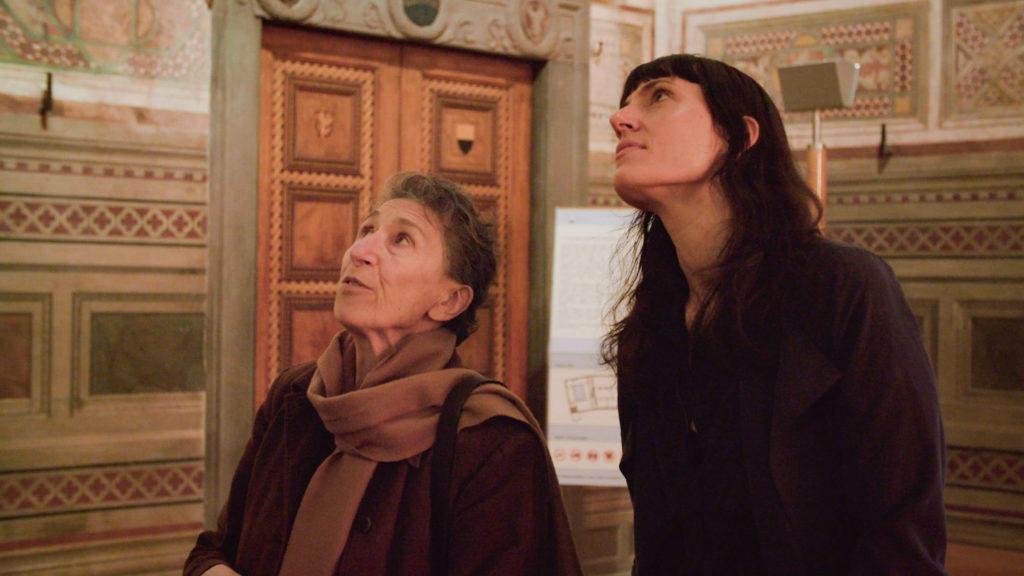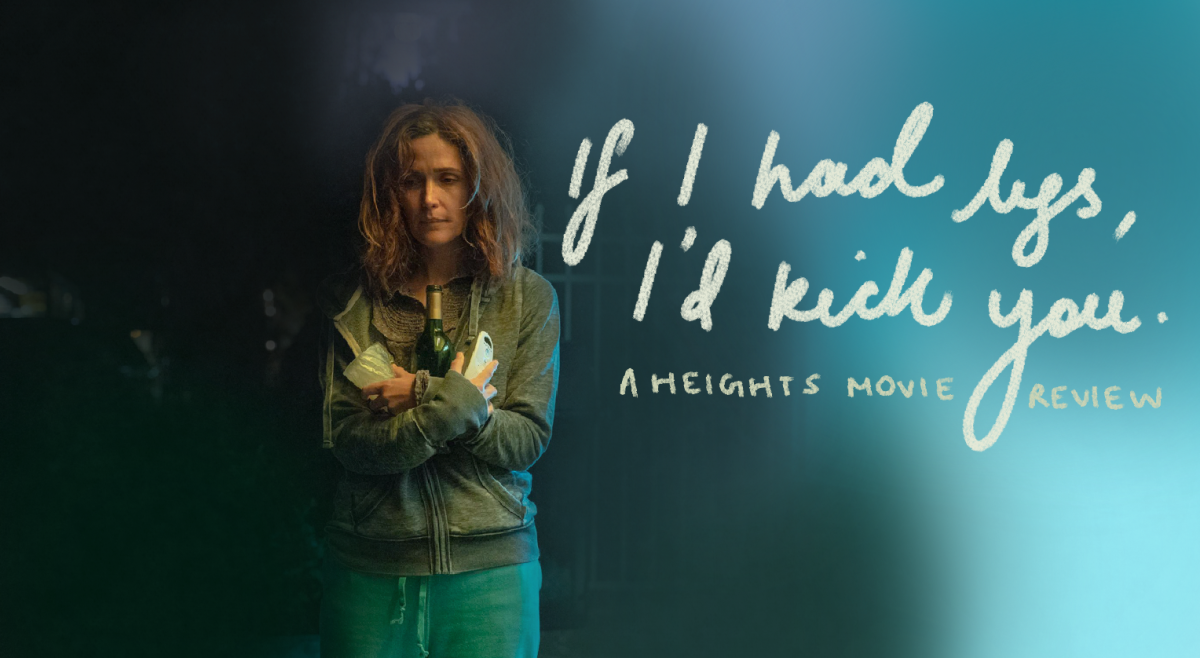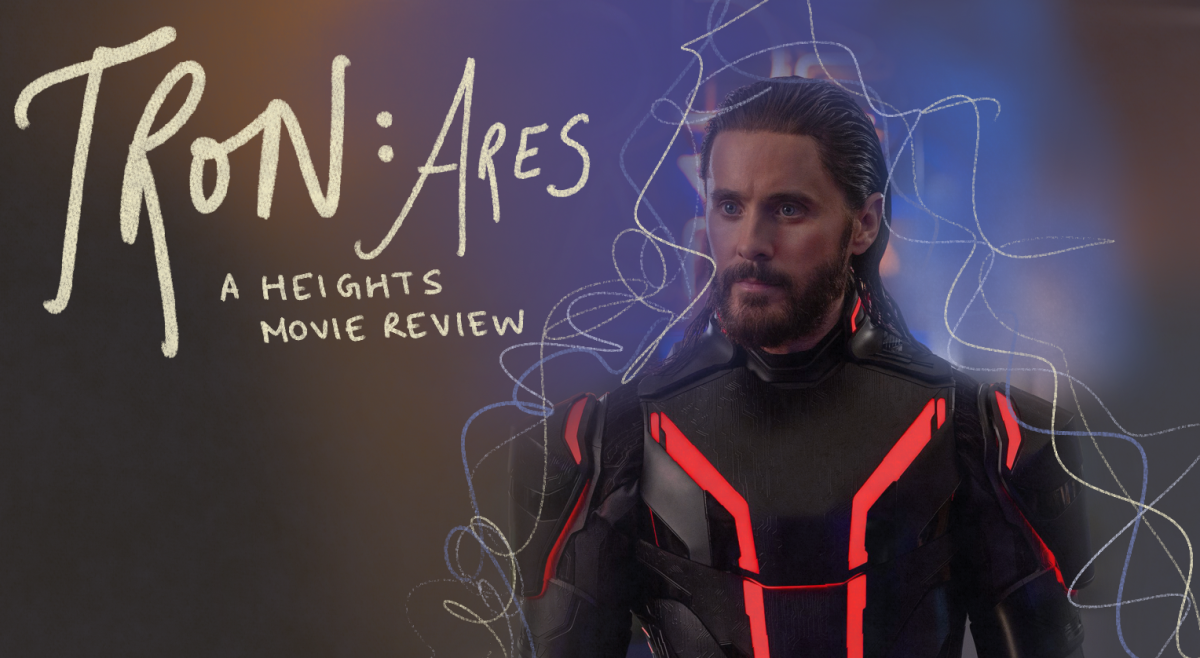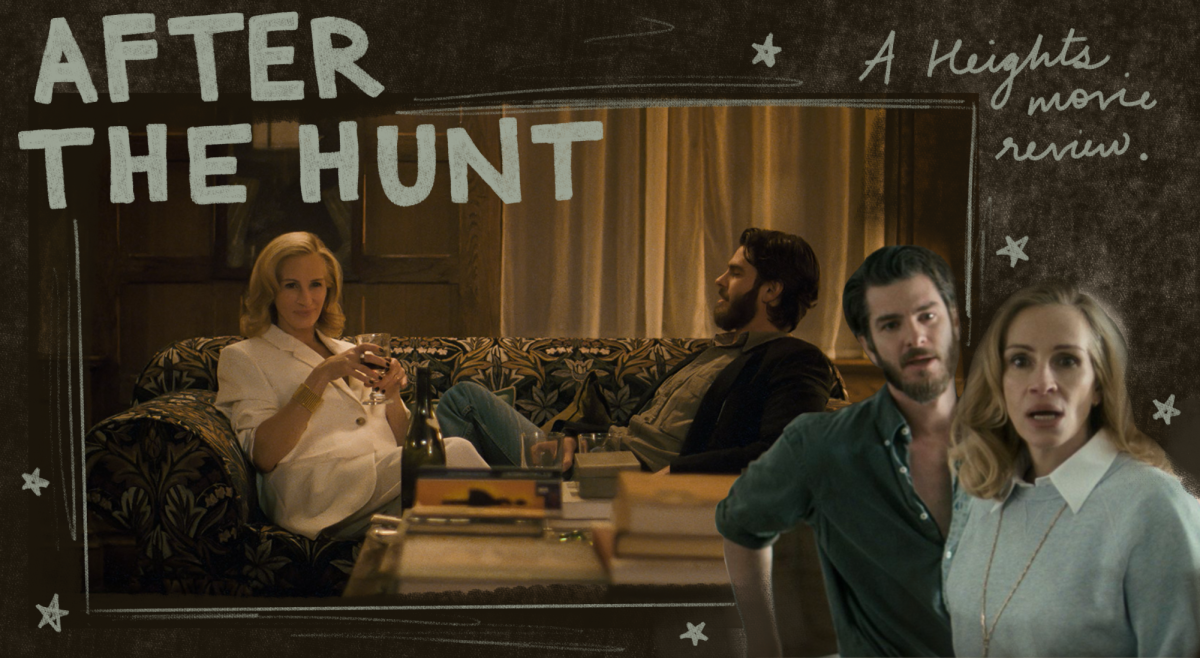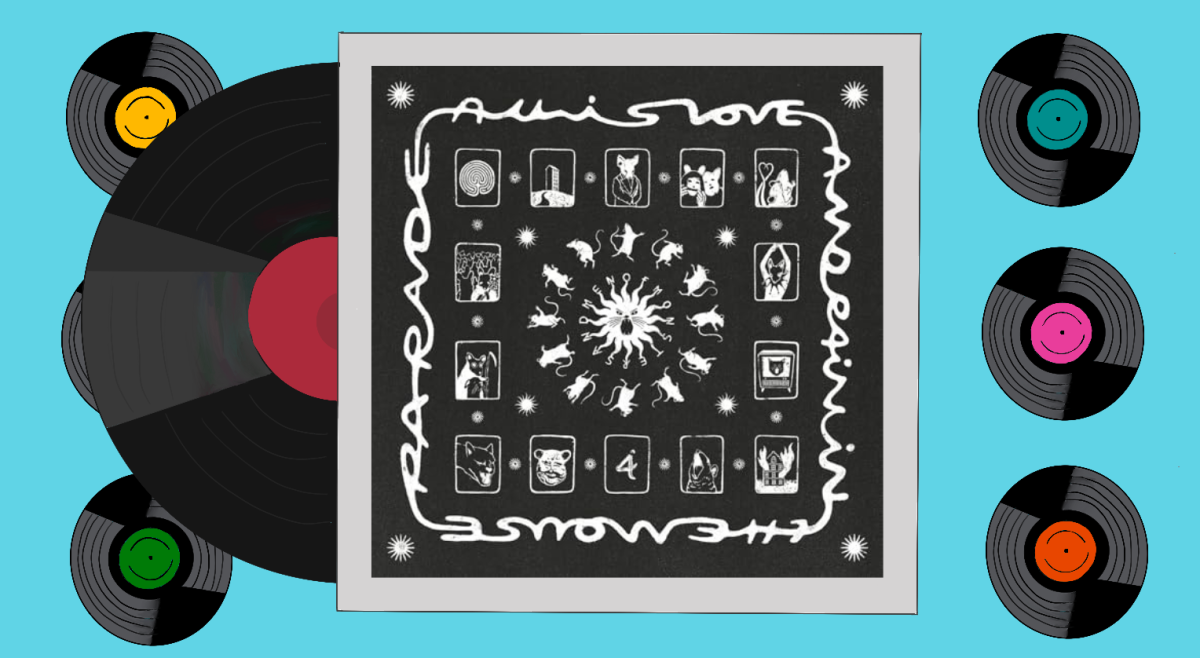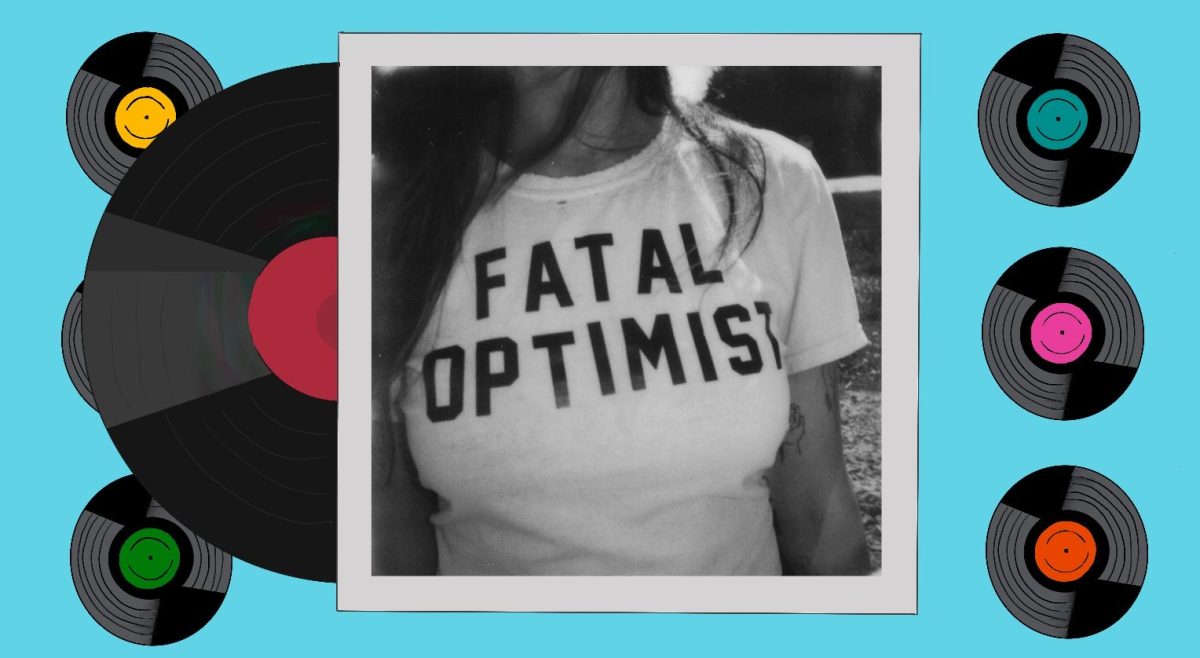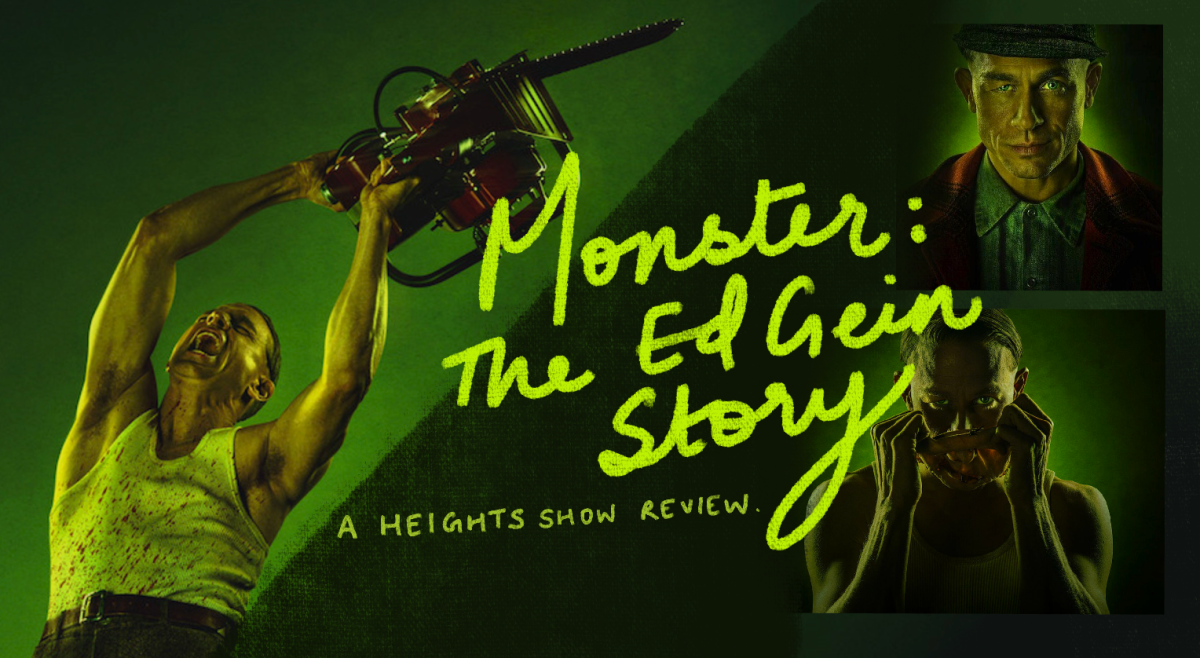
Astra Taylor’s What is Democracy? is, in many ways, about the power of an ideal and the ensuing suffering that results from it not being met. It may not be surprising to learn that democracy as a concept has and continues to be largely forgotten, or even worse, misappropriated by those in power, and we come to understand this from her collage-like approach that juxtaposes interviews, incidents, and stories from a number of countries around the world. The film maintains a sense of urgency, even in the midst of its free-associative, almost freewheeling structure that effortlessly sees Taylor tease out connections between the ideas of Plato and his contemporaries, the resultant establishment of democracies around the world, and where those democracies are now.
This globalistic approach seems to suggest that there’s more at stake today then thereever was. Professor Eleni Perdikouri, one of Taylor’s many charismatic experts, at one point explains the concept of Plato’s just city as one that ensures the happiness of its citizens.
The major impediment to its success, she explains unsurprisingly, is the introduction of wealth, and Taylor works with this idea as she attempts, and mostly succeeds, in bringing to light the vast systems of economic power that exist today to maintain vicious cycles of oppression.
Granted, the oppressive power of multinational corporations often goes unseen, but we can come to understand the ramifications of their actions by looking at the faces of those subject to it—and Taylor knows this. She talks to impoverished communities of African-Americans in Miami, Central American immigrants in North Carolina, and even Syrian refugees in Greece. As such, we consider their struggles in the context of democracy, this well-intentioned system predicated on the people governing themselves, and we begin to ask why we let things get out of hand. Is this what happens when we govern ourselves?
Early on, Taylor films a discussion between a number of theoreticians in Athens, debating these political ideals in the shadow of the Parthenon, a shining example of a literal city on a hill. Later, she frames a conversation with a black college student in North Carolina beneath the statue commemorating the Greensboro sit-in as they discuss black oppression and the student’s growing acceptance of powerlessness within the American system. More than anything else, these elusive monuments we build for ourselves stand above us as reminders not just of past successes, but of a need to continue striving for a better society in order to maintain and hopefully improve upon the progress being commemorated in these slabs of granite and bronze.
Even in its bleak consideration of the failures of our global economic and politicalsystems, What is Democracy? is decidedly hopeful, taking the time to look at how some in society have taken it upon themselves to combat these oppressive hierarchies. Taylor catches up with a sewing co-op in the U.S., as well as an independent medical clinic in Greece for citizens without government insurance, and both institutions are decidedly anti-hierarchical (there aren’t any leadership positions). These brief but essential tangents are stark reminders that we have the capacity to move beyond the strife of the world today, as exemplified here, by making our everyday lives political.
Taylor appears on camera throughout the film, and by strategically placing herself withinher work, What is Democracy? takes on a personal quality since she seems to be genuinely working out these complex issues along with us in real time. This sort of rambling, essayistic construction works for the most part, even as it sometimes seems to lose sight of its message.
The film is ostensibly about the nature of democracy in the modern world, and whether or not it’s a viable system of governance, and yet it also wants to be about the very specific kinds of oppression faced by all those disenfranchised groups mentioned already. Point being, it may have bitten off more than it could chew—not everything presented here comes together in any meaningful way. Surely, though, this messiness is part of the intended point: Contemporary society is fragmented and often confounding. For the most part, Taylor’s film is genuinely inquisitive, if a bit moralizing, but never condescending.
Featured Image by Zeitgeist Films

